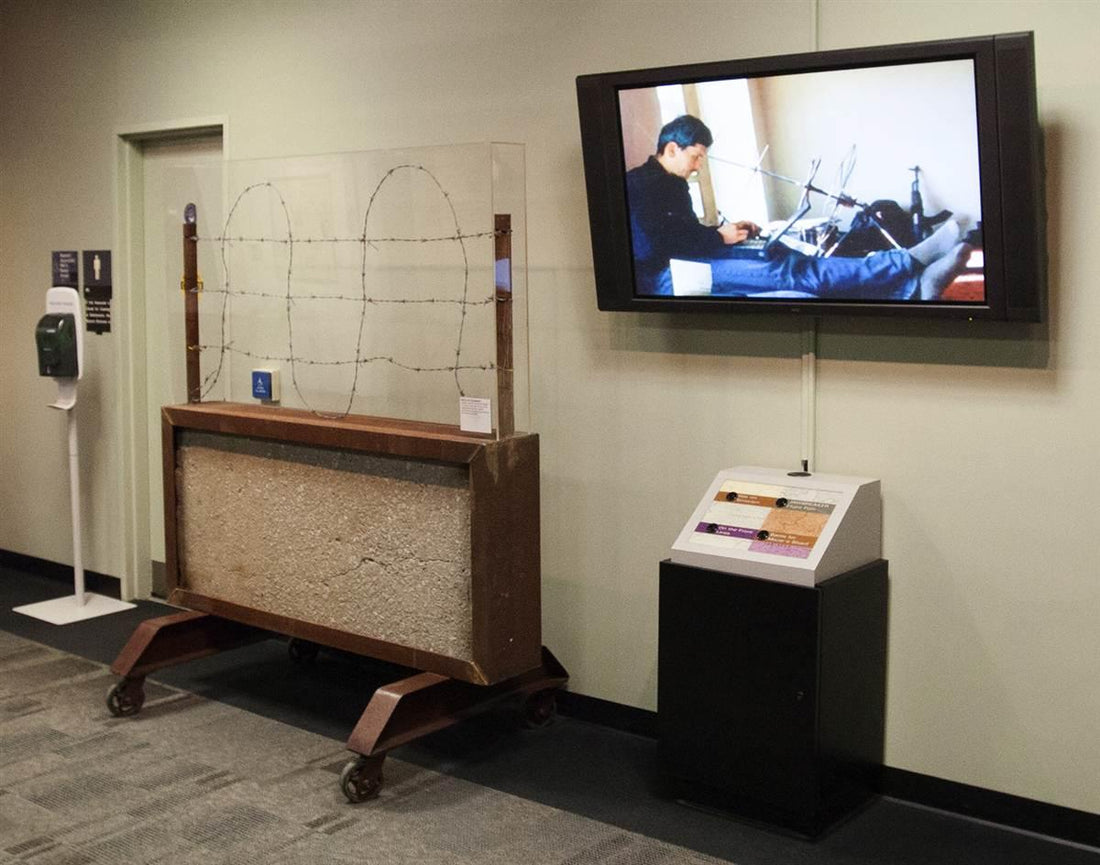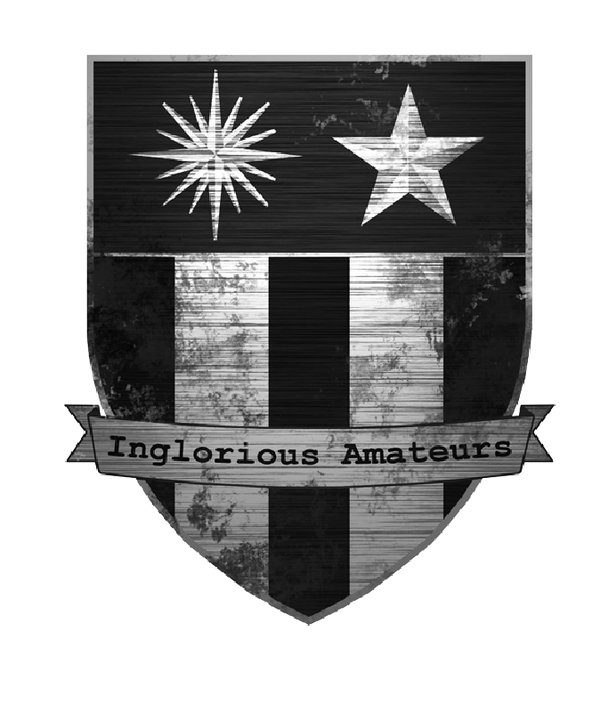
Tertia Optio Part 1
Share
I need to start off with a caveat here. Though I served in the Special Activities Division for a time, I don’t consider myself an SAD officer. I was never a paramilitary operations officer (PMOO) and I credit my sink or swim attitude and ability to bullshit my way into things with getting me in the door at SAD. My experiences there were rather unique and as my supervisor told me later, serving for a time in an SAD branch probably ruined me for the rest of the Directorate of Operations.
As I mentioned previously, I was lucky enough to serve an operations rotation in an unnamed SAD branch very early on at the Agency. I’m not exactly sure how I worked my way into it, though I began to network from day one in my entrance on duty (EOD) class. One of my classmates was a new PMOO and had already spent several months in his office getting the lay of the land. He was a goldmine of information. Early on in our first couple of weeks of training we had a mini “job fair” in the Agency cafeteria mezzanine where officers from all the area divisions and centers stood behind tables and answered questions about their respective offices. I had an interesting conversation with an SAD officer about my time in the US Customs Service and she thought maybe I’d find some interest with regards to my experience in port operations (enter my BS skills), but the other PMOO’s standing around barely made eye contact with me.
One day after training class I decided to jump on instant messaging and send a message to the SAD personnel officer to inquire about meeting in person and talking about SAD. He suggested coming in on a Saturday to chat when he would have more time. I was nervous as hell so I grabbed Sean and said we were headed to SAD PEMS to discuss doing a rotation there. He was game and met me in the parking lot (you can actually get pretty decent parking if you come in on a weekend!) and we worked our way to the PEMS office.
I don’t remember much of the conversation. I think I gave my general BS speech of I’m a hard worker and can fit in anywhere. I was really eager to learn about this side of the Agency and hoped to get a Staff Operations Officer rotation. Sean, for his part, was supposed to be an internal SAD hire from the get go, but somehow slipped through the cracks. I won’t ruin his story for later, but will say it was a great meeting and turns out not a lot of people are willing to go that extra mile to meet in person and talk their way into a rotation. This tactic helped me in later offices and positions. I actually use it still today, biting the bullet and just going for it has proved useful in all aspects of my life.
I was told I was only the 3rd or 4th Staff Operations Officer (SOO) to do a rotation in in SAD Ground Branch. It was a concept they had only recently taken a liking too. Unfortunately for me, even as a previous Federal Agent and tactical team member I was not allowed to go through any advanced training on my rotation due to a previous rotational officer’s unsafe activities at a firearms range. Instead I was given the chance to conduct certain operational work for the PMOOs, and even had the honor of writing up a recommendation for the Intelligence Star for two PMOO’s which was approved. The insight I gained into the real tip of the spear (what’s the tip of the tip of the spear called anyway?) was invaluable.
With that said I’d like to share some information about SAD’s purpose, based on ever present misconceptions I keep reading in social media. Sean has covered some of this already in his well received pieces (SAD 1 and SAD 2, check them out if you haven’t already), so some of this is my take on the information based on my experiences in a different branch.
What are Paramilitary Operations Officers?
The first time I ever heard about SAD or PMOO’s was because of the tragic death of SAD PMOO Mike Spann on 25 November 2001. The idea that the Agency had sent officers into Afghanistan before the Department of Defense was a revelation to me personally. I just hadn’t ever thought about it before. What did PMOO’s do? How did you become a PMOO? All the questions I get in my direct messages and email now where popping into my head back then.
A Paramilitary Operations Officer is nothing more than a specialized subset of Operations Officer. They obviously possess paramilitary skills as do other Operations Officers, but their primary role is utilizing those skills as a service provider to other offices at the Agency. They trained local forces prior to and during the Vietnam war, as an example. So it would make sense that most of the officers recruited into the PMOO ranks have a lengthily background in things like Foreign Internal Defense and other missions that involve the skills they already posses from Special Operations Forces like selecting host nation fighting forces, training and mentoring them in relevant operations. PMOOs and Army Special Forces officers are direct descendants of Office of Strategic Services officers who conducted the same missions in WWII with resistance forces throughout Europe and Asia. PMOOs are Case Officers, first and foremost. They recruit and write reports as well as all the other duties that other Case Officers have. When a CO works their day job, a PMOO would be in a more austere environment working with local forces. Their work would involve the same recruiting of assets as any other CO, but more directly related to the environment they are working in. As a service provider to other offices, divisions or centers, they would do not traditionally hold assets but work them for other places.
Our next piece will cover more details on the PMOOs, their deployments and mission and what it takes to get recruited into an SAD branch. Sign up for our cable releases if you want to make sure not to miss it.

1 comment
I was attending an AFIO meeting (seminar? conference?) and seated at my table was a guy who was a little bit older than me and the last name on his badge was Spann. During the meal, I slipped out and bought 2 copies of Bob Grenier’s excellent book, “88 Days to Kandahar”, one for me and one for my Pop (he’s a former 82nd Airborne staff sergeant). When I returned, my curiosity got the best of me and I went over to the gentleman’s side and knelt down (no easy feat when you’ve had 4 knee surgeries) and very quietly asked him if he was related to Mike Spann. He, very knowingly, answered me and said that he was not related to Mike. I apologized to him for interrupting his meal and he said it wasn’t a problem. Throughout the rest of the time I spent there I continued to wonder if he hadn’t just lied to me to avert any more questions about Mike. I learned a lot during my time there, especially when Bob Grenier spoke about his experiences. He’s a very intelligent man, extremely witty and his bravery is without question. The one thing that I left with though is whether or not the gentleman with the last name of Spann was, in fact, Mike Spann’s father and that issue haunts me to this day.